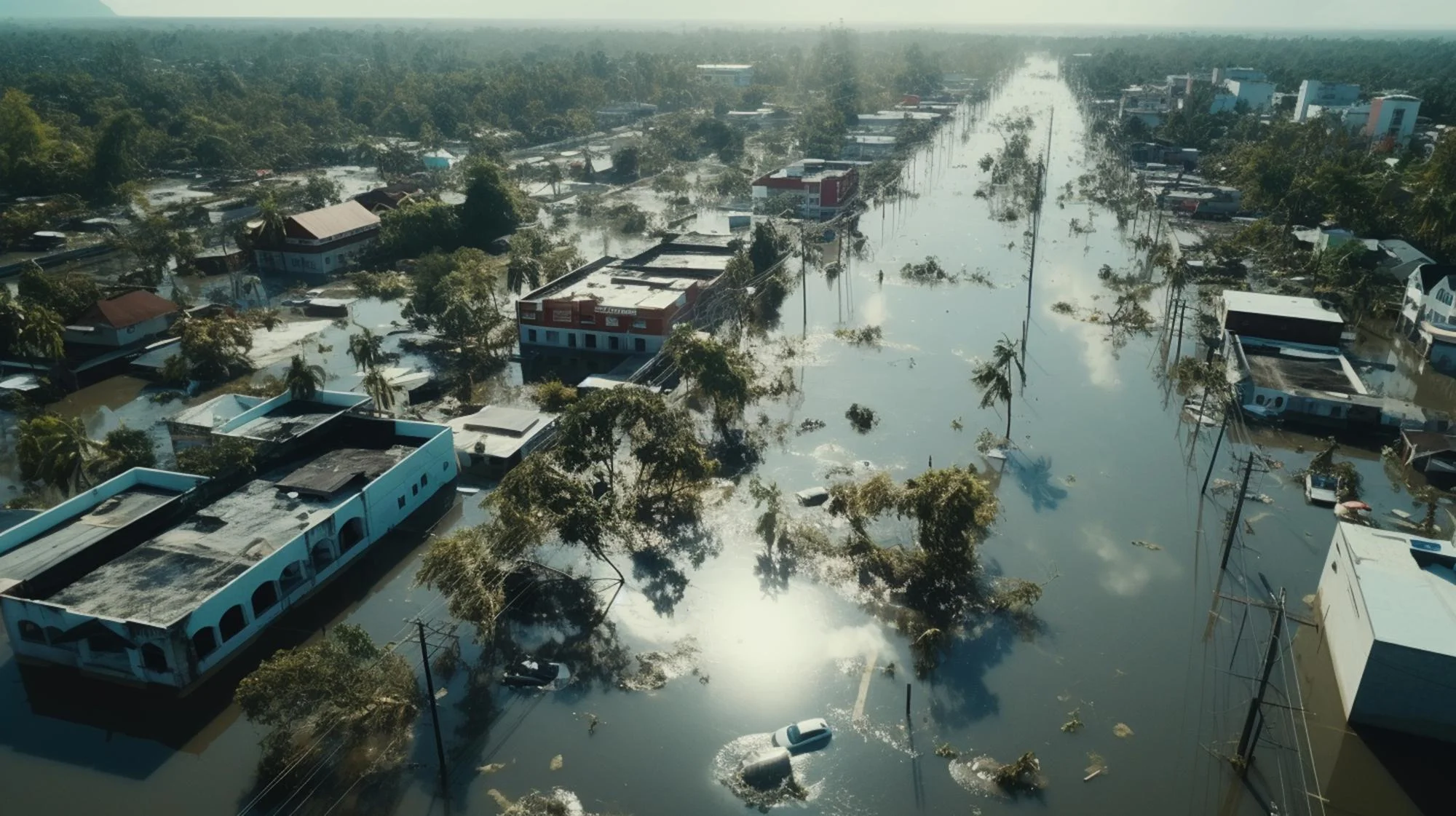Floods, known for their destructive might, have submerged cities, erased communities, and claimed countless lives across the globe. In Nigeria, the situation is particularly dire. The West African nation has witnessed a plethora of flood disasters, culminating in vast economic losses, crumbling infrastructure, and a nightmarish increase in waterborne diseases. The World Health Organization (WHO) has reported the 2012 floods in Nigeria as the worst in five decades. A study published in the Jamba journal examines the grave impact of these disasters, the health implications for the Nigerian population, and the effectiveness of the country’s disaster management frameworks. Herein, we dive deep into the profound insights provided by these findings, delineated by Caroline C. Olanrewaju et al., through their explanatory article doi:10.4102/jamba.v11i1.557.
Contextualizing the Crisis
Floods are the most frequent natural disasters, affecting over 2.8 billion people worldwide and leading to over 200,000 deaths in the past thirty years (EM-DAT, 2011). Nigeria has not been spared, with its citizens regularly battered by the waters’ wrath. The study in question, meticulous and robust, employs a historic lens to dissect the link between flood disasters and human health in Nigeria, with a particular spot on Ajegunle, a densely populated neighborhood in Lagos prone to frequent flooding. Using both quantitative and qualitative data, the researchers craft a narrative that lays bare the challenges faced by the inhabitants of this locality.
Health Implications and Waterborne Diseases
The aftermath of floods is often a fertile ground for diseases to flourish, with waterborne pathogens leading the charge. Diarrhoea remains the predominant consequence attributed to the interaction between floodwaters and human populace (Admin, 2013). The paper asserts the failure of the Lagos State government, despite its flood preparedness plan, to alleviate the health burdens on affected people.
Policy and Institutional Ineffectiveness
Despite the existence of disaster management policies, the research indicates a startling absence of effective institutional arrangements capable of planning and responding to flood emergencies (Adefisoye, 2015). The authors criticize the disaster management framework in Nigeria for its inefficacy, particularly in involving stakeholders from the health sector in disaster management planning.
The Holistic Approach: A Call to Action
The paper argues for a more holistic approach, urging the Nigerian government to mobilize all sectors, especially health, to combat the consequences of flooding proactively. This is in resonance with the United Nations’ aims under the Sustainable Development Goals to ensure health and well-being for all.
References
1. Adefisoye, T. (2015). ‘An assessment of Nigeria’s institutional capacity in disaster management’. Sci. Res. J., vol. 3, pp. 37–48.
2. Admin. (2013). ‘Water-borne diseases claim 868,000 children’. The Tide Newspaper, 11 March. Available from: http://www.thetidenewsonline.com/2013/03/22/water-borne-diseases-claim-annually-868000-children/
3. Adelekan, I. O. et al. (2016). ‘Flood risk management in the coastal city of Lagos, Nigeria’. Journal of Flood Risk Management, 9(3), 255–264.
4. WHO. (2012). ‘Public health risk assessment and interventions. Flooding disaster: Nigeria’. Available from: http://www.who.int/hac/crises/nga/RA_Nigeria_1Nov2012a.pdf
5. EM-DAT. (2011). The OFDA/CRED International Disaster Database. Available from: www.emdat.be/database
Keywords
1. Flood disaster management Nigeria
2. Waterborne diseases flooding
3. Health implications floods
4. Disaster management policies Nigeria
5. Ajegunle flood impact
In conclusion, Olanrewaju and colleagues’ analysis is a wake-up call to the Nigerian authorities and the international community, highlighting the desperate need for an integrated and effective approach to flood disaster management and the health crises it incites. As climate change intensifies and urban populations grow, the threat of floods in Nigeria will likely worsen, making it imperative for policymakers to heed the lessons outlined in this critical evaluation, paving the way for a future where the health and safety of Nigerians are no longer at the mercy of the encroaching waters.
